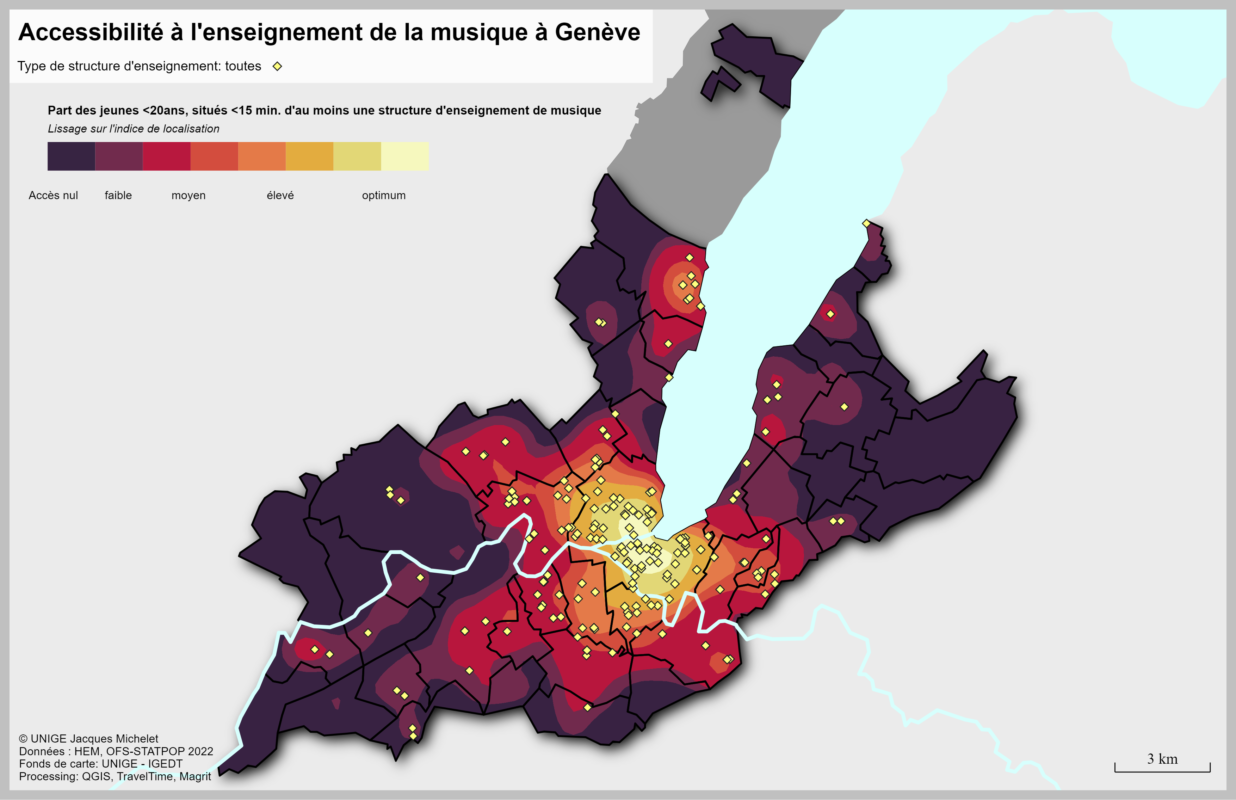New USDAM co-presidency
At the Annual General Meeting on May 19, delegates elected four new members to the Central Committee, whom we would like to introduce to you. We also spoke to the new co-presidents.
Born in Lausanne, Muriel Noble began playing the violin at the age of six. Parallel to her secondary studies and her meeting with Rose Hemmerling-Dumur, she entered Patrick Genet's professional class at the Fribourg Conservatoire, where she obtained her teaching diploma with excellent distinction. Winner of the Jeunesses Musicales Suisse competition, she decided to devote herself entirely to music, continuing her musical studies with Margarita Karafilova at the Lausanne Conservatoire, where she was awarded a first prize for virtuosity with congratulations from the jury. She also perfected her skills with masters such as Franco Gulli, Philippe Hirshhorn and Raphaël Oleg. Since August 2000, Muriel has been concertmaster of the Orchestre de la Suisse Romande, while performing in Switzerland and abroad in various chamber music ensembles, including the Trio Ré-Fa-Si Tango and the Trio Acor.
Why did you decide to become co-president of USDAM?
Muriel Noble: Having been secretary of the Geneva section of USDAM for several years, and having learned and seen where musicians' problems lie, I wanted to invest my energy directly where decisions are made and actions taken: the USDAM Central Committee.
Defending the cause of freelancers and intermittent workers has always been particularly close to my heart, whether it's defending the minimum wage calculated by the USDAM - by far not respected everywhere -, the right to maternity benefits, the right to unemployment benefits, or simply respect for the profession of musician.
What projects would you like to focus on in the coming years?
I'd like to highlight our brand-new Equality-Diversity Commission (see the article in the previous issue of RMS), and develop it further, for example with webinars and steps to be proposed to all Swiss orchestras, in order to be able to "work in the field" against all forms of discrimination. Outlawing discrimination in our artistic milieu is a matter of the utmost urgency, as is highlighting the importance of the zero tolerance advocated by USDAM against all forms of harassment, racism and gender discrimination.
I'd also like to raise awareness of the little-known damage caused by noise to the developing foetus, and lift the taboo on the various illnesses suffered by musicians.
And last but not least, we continue to defend the USDAM wage floor: it's shameful to see that Swiss ensembles and festivals still don't respect this floor and underpay their professional musicians under various pretexts.
How do you see trade unionism in the orchestra evolving over the last few years?
In orchestras with CLAs, the USDAM's work has been and remains magnificent, and the administrations comply well with it as far as their regular musicians are concerned. Unfortunately, as far as their additional musicians are concerned, it is sad to note that their rights are not always respected.
And let's not forget that no rights can ever be taken for granted: it's up to all of us to continually defend our own.
-
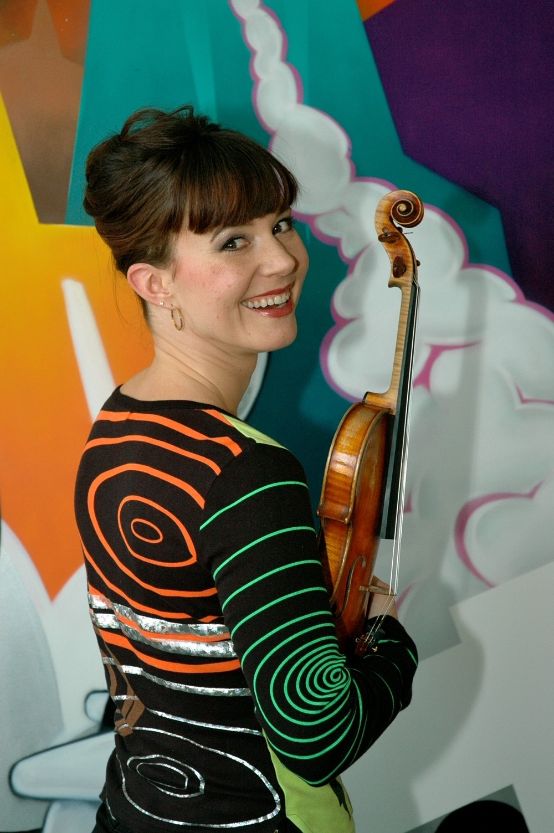
- Jacques Noble
- Muriel Noble
Davide Jäger was born in Ticino in 1981. He received important musical stimuli from his first oboe teacher, Federico Cicoria, and his mentor, the renowned violinist Peter Rybar. After a transitional year at the Lugano Conservatory in Hans Elhorst's virtuosity class, he obtained his concert diploma and then his soloist diploma in Simon Fuchs' class at the Zurich University of the Arts. Davide Jäger has appeared as soloist with the Zurich Chamber Orchestra, the Graubünden Chamber Philharmonic, the Orchestra of Italian Switzerland and the European Philharmonic Youth Orchestra. After engagements as principal oboist with the Graubünden Chamber Philharmonic and as an additional musician with the Tonhalle Orchestra Zurich, the Orchestra of Italian Switzerland and other professional orchestras in Switzerland and abroad, he joined the St. Gallen Symphony Orchestra as deputy principal oboist and English horn player.
Why did you decide to become co-president of USDAM?
Davide Jäger: After working on the St. Gallen orchestra committee as president since 2014, I felt ready for a change. I really enjoy union work and it's very important to me to work to improve working conditions for musicians, but I felt the need to do it differently. The opening of the USDAM co-president position came at exactly the right time, and the prospect of union work on a broader, national scale prompted me to put my name forward.
What projects would you like to focus on in the coming years?
There are many issues I'd like to tackle, but if I had to make a choice, I'd start with the political work on the USDAM tariff. There are still too many cultural institutions and concert organizers who do not pay musicians our minimum tariff and related expenses. The USDAM rate must become the national basis for all temporary musical employment. Of course, this will only happen if more money is invested in culture across the country. That's what we have to fight for, because every extra franc spent on culture makes the world a better place.
How would you assess the evolution of trade unionism in the orchestra over the past few years and beyond?
I see a widespread tendency not to be interested in unionism in orchestras. It's increasingly difficult to find volunteers willing to work on committees, for example, while at the same time people complain if something goes wrong. My advice, especially for young orchestral musicians, is to try union work. That's the only way to experience what it's like, and to differentiate between what's possible and what's not. At the same time, it's our responsibility as a union to make young musicians aware of their union rights, as early as possible, even during their studies.
-
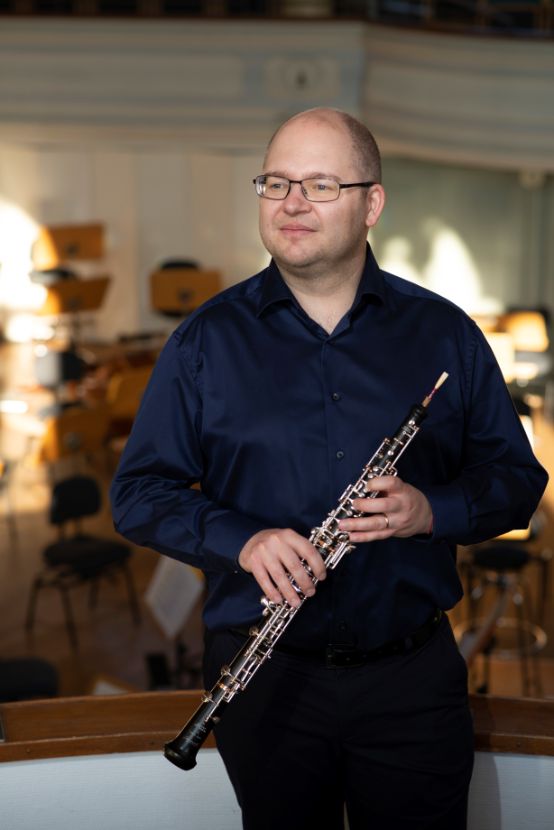
- © D'Artanyan
- Davide Jäger
Markus Forrer spent his childhood in Dübendorf and Milwaukee (USA). After graduating from high school, he moved to Basel, where he studied with Hans Rudolf Stalder, then, after Stalder's retirement, with François Benda. He then completed his studies with George Pieterson in Amsterdam. In 2000, he joined the Basel Symphony Orchestra as second clarinettist and Eb clarinet player. A few years later, as president of the USDAM section, Markus Forrer was involved in the downsizing of the BSO, unfortunately unavoidable due to a drop in subsidies. To avoid redundancies, the occupancy rate of certain positions had to be reduced, including his own. The difficult situation in Basel gave him the opportunity for a three-year sabbatical in New York, where he taught clarinet and recorder in South Bronx classrooms as an "artist-teacher". During this time, he also directed a clarinet festival in Montevideo for three years. Markus Forrer now lives with his family in Basel. In the meantime, he is once again employed at 100% within the OSB. In addition, he enjoys playing chamber music with friends, occasionally performs as a soloist, is interested in historical instruments, organizes concerts and is looking forward to his new position on the central committee.
-
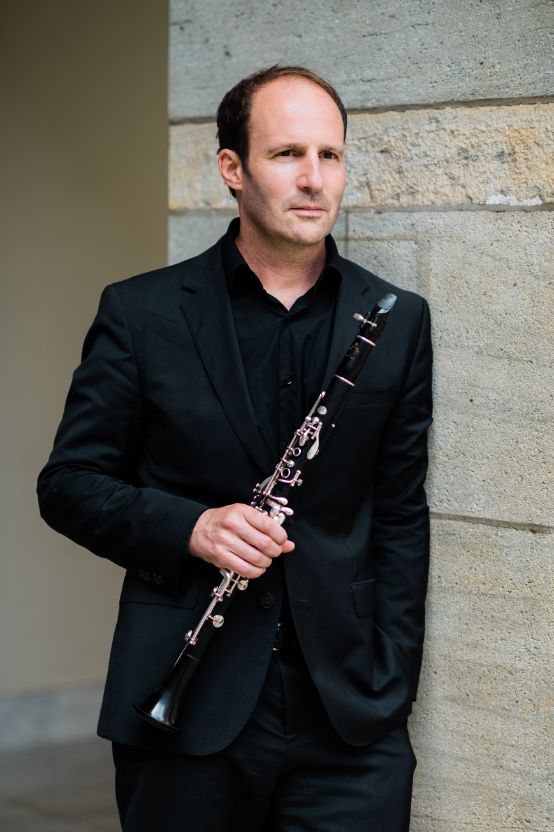
- @ Amanda Joy
- Markus Forrer
Sebastian Schindler studied horn from 2001 to 2003 with Prof. Christian Lampert and Horst Ziegler (assistant) at the Basel Academy of Music. This will be followed in 2011-2013 by a master's degree in pedagogy at the HKB in Bern, with natural horn as the main subject under Prof. Thomas Müller. Thomas Müller, as well as wind ensemble conducting with Ludwig Wicki and Dominique Roggen. He has been substitute solo horn with the Bern Symphony Orchestra since the 2008/2009 season. Since 2015, he has held his own horn class at the Seeland Ins School of Music. In 2018, he conducted the horn ensemble at the international horn festival "Carnaval du Cor" in Munich. From 2013 to 2018, he was president of the USDAM Berne chapter.
-
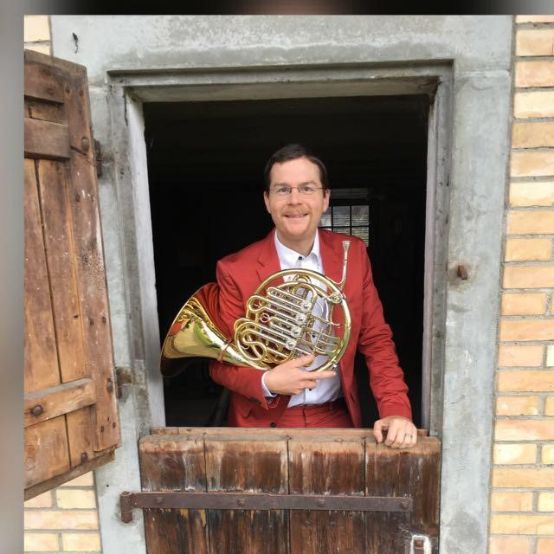
- Monika Schindler
- Sebastian Schindler






